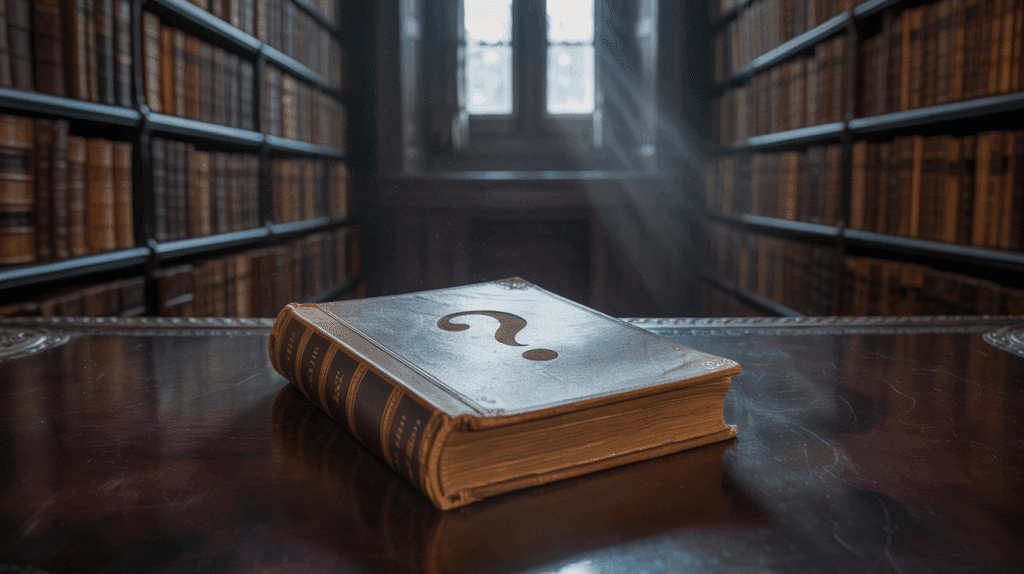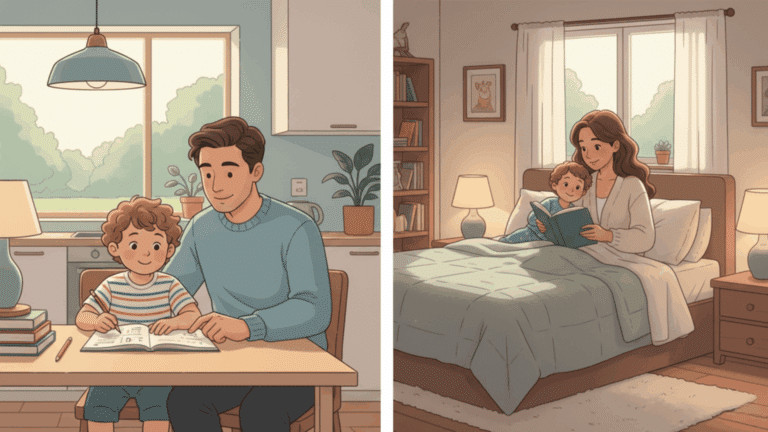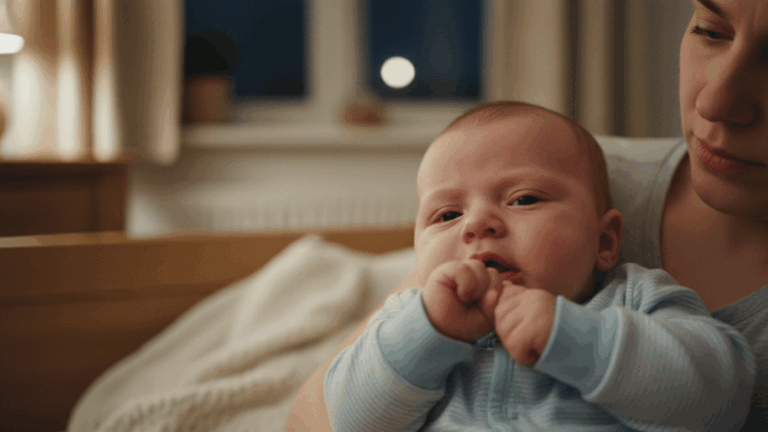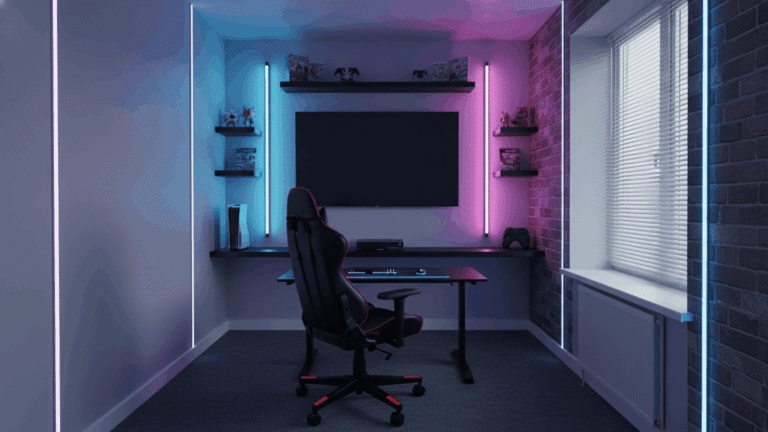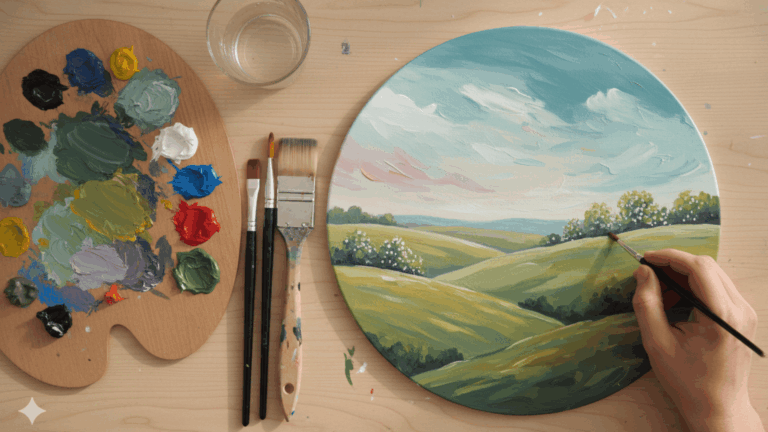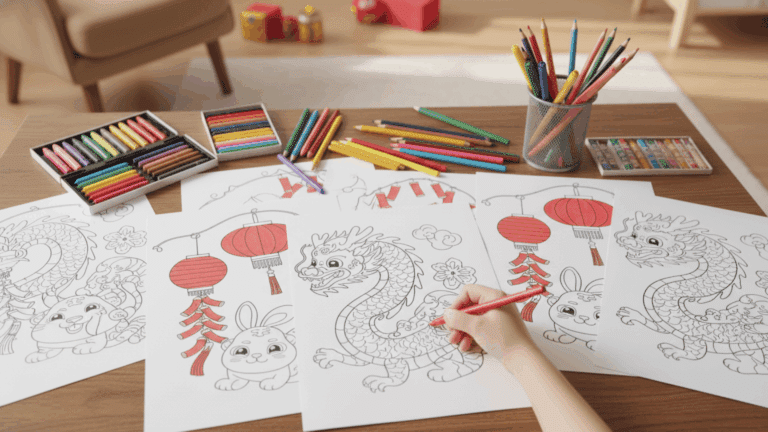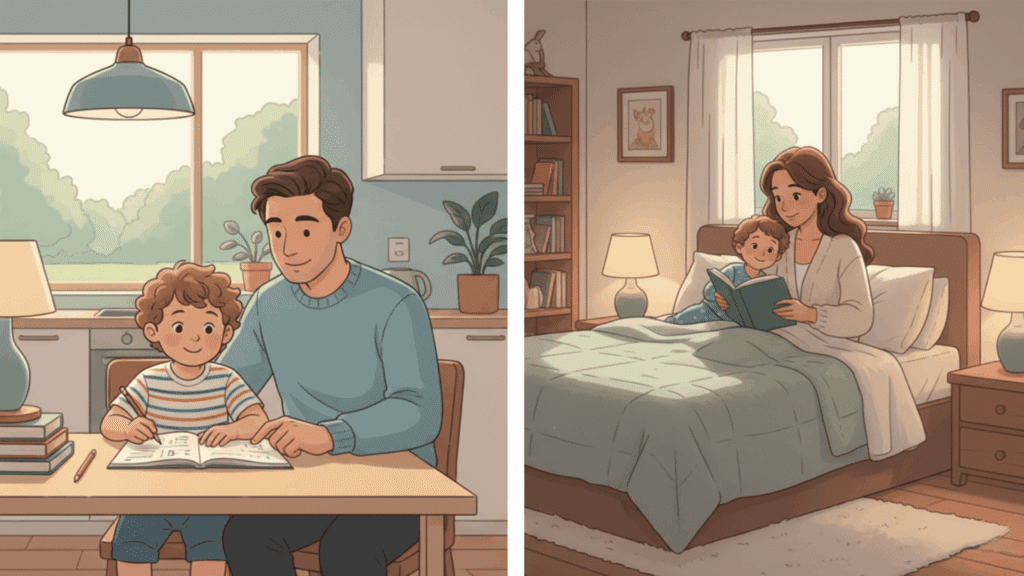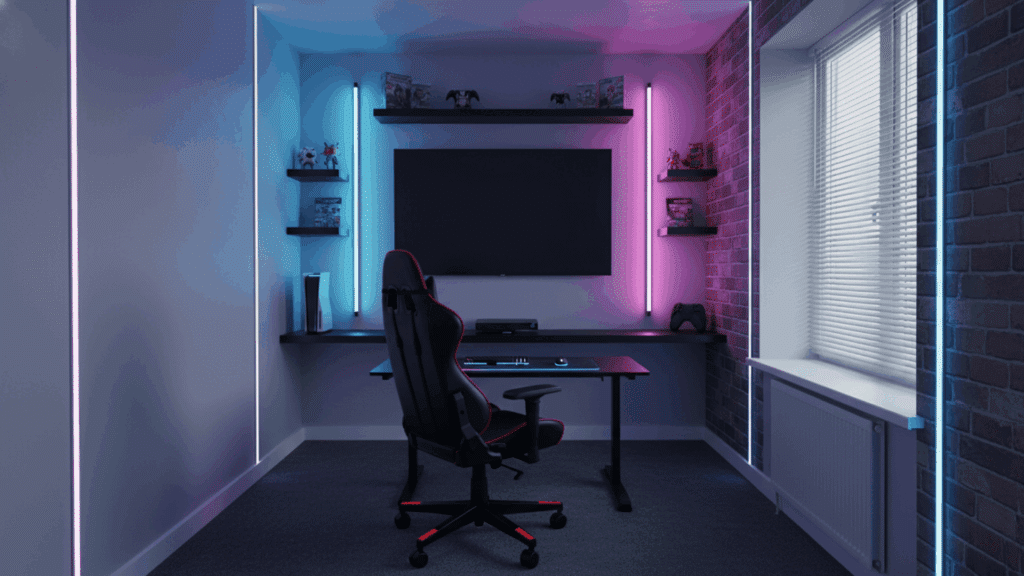Brain teasers and riddles often leave people scratching their heads when they encounter the classic question: what has keys but can’t open locks?
Many puzzle fans spend time trying to solve this tricky question without success.
The answer is much simpler than most think, and this blog will reveal the solution to this age-old riddle.
What Has Keys but Can’t Open Locks – A Piano
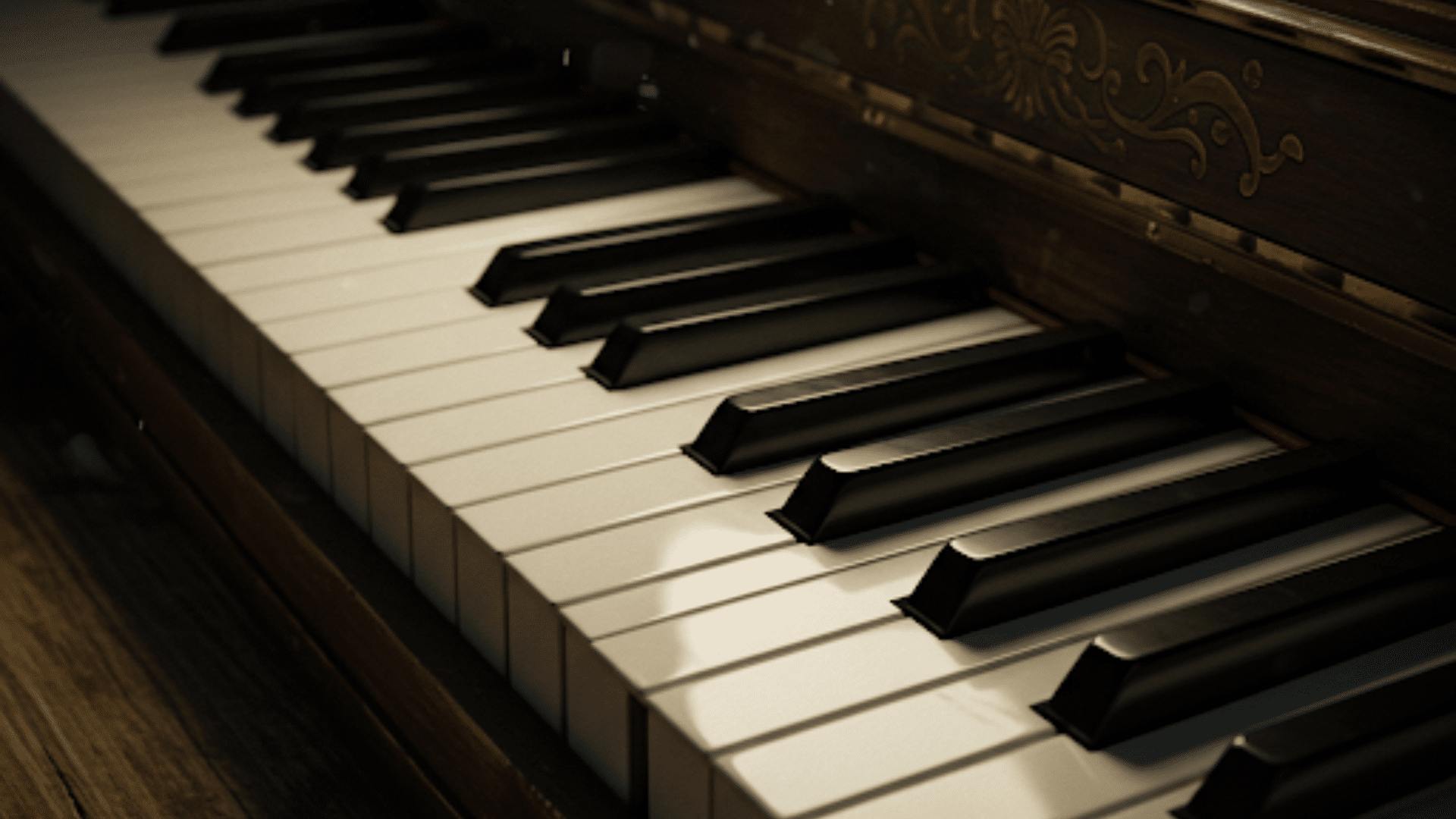
The answer to this brain teaser is a piano.
A piano has many keys, 88 on a standard model, but none of them will open a lock. This riddle works because it plays with the dual meaning of the word “keys.”
The word “keys” in this context refers to:
- The black and white buttons on a piano that players press to make music
- The musical notes that create harmonies and melodies
- The fundamental components that produce different sounds when struck
- Not the metal tools people use to open doors or locks
Other musical tools that fit this riddle include:
- Keyboards
- Organs
- Accordions
- Digital pianos
The riddle uses clever wordplay to make people think about keys that open locks when it’s actually talking about musical keys.
Pianos have been around since the early 1700s, making this riddle quite old. Anyone who hears this question now has the knowledge to answer it correctly.
Tracing the Roots of This Classic Riddle
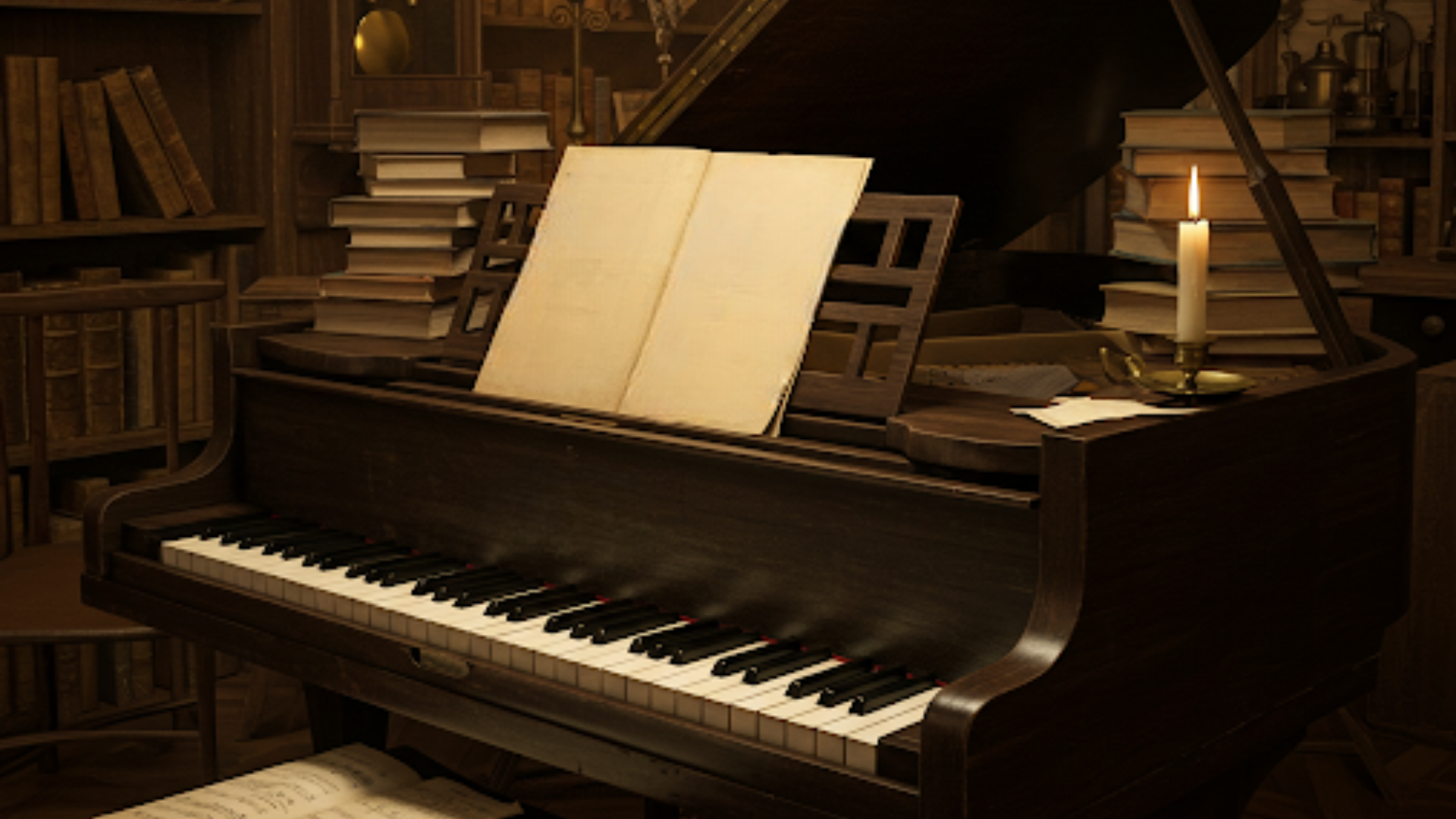
Riddles, like the “what has keys but can’t open locks” puzzle, have been a part of human culture for thousands of years, testing our ability to think creatively.
The piano keys riddle likely emerged after the piano’s invention in the early 1700s and gained popularity in the 19th century when pianos became common in households.
Why This Riddle Remains Popular
The riddle remains popular because it uses simple language and a clever twist, making the answer surprising. It transcends cultures and languages due to the global presence of pianos.
This riddle helps develop critical thinking skills by encouraging the consideration of words with multiple meanings, making it a useful tool for educators to foster creative thinking.
Riddles Similar to ‘What Has Keys but Can’t Open Locks’
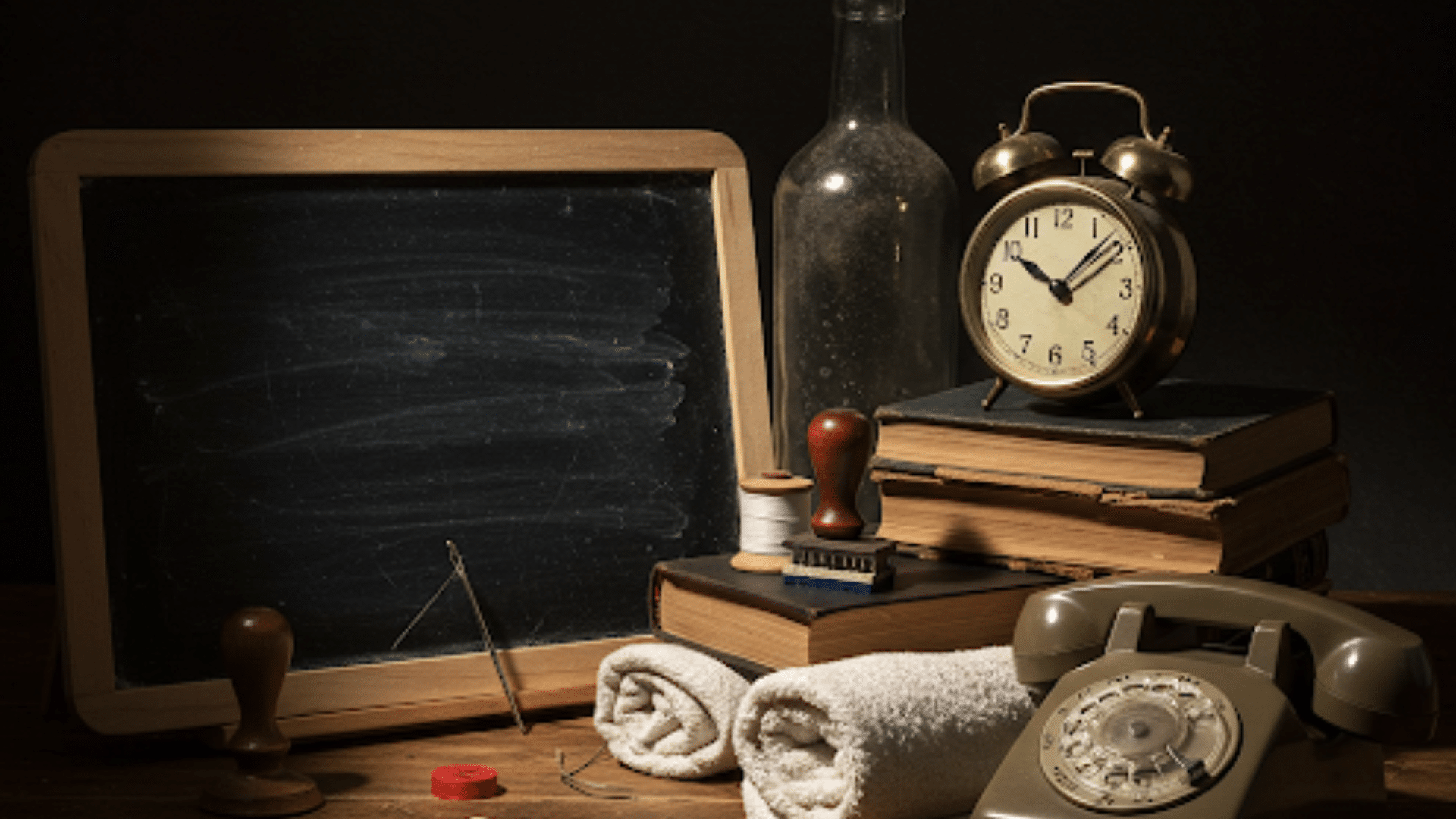
These riddles play with expectations, twisting everyday objects into clever questions that stump and surprise. Readers will find a collection of similar mind-benders ready to challenge and amuse.
1. What is black when clean and white when dirty?
Chalkboard.
2. What has a neck but no head?
Bottle.
3. What has hands but can’t clap?
Clock.
4. What has a face and two hands but no arms or legs?
Clock.
5. What can travel around the world while staying in the same corner?
Stamp.
6. What has an eye but cannot see?
Needle.
7. What gets wetter the more it dries?
Towel.
8. What has a spine but no bones?
Book.
9. What can be cracked, made, told, and played?
Joke.
10. What has a ring but no finger?
Telephone.
11. What goes up but never comes down?
Age.
12. What belongs to you but others use it more than you do?
Your name.
13. What is always in front of you but can’t be seen?
The future.
14. What has holes but still holds water?
Sponge.
15. What has one eye but still can’t see?
Hurricane.
16. What kind of room has no doors or windows?
Mushroom.
17. What has legs but doesn’t walk?
Table.
18. What has a bed but never sleeps?
River.
19. What runs but never walks, has a bed but never sleeps, has a mouth but never talks?
River.
20. What comes once in a minute, twice in a moment, but never in a thousand years?
The letter M.
21. What has teeth but can’t bite?
Comb.
22. What kind of band never plays music?
Rubber band.
23. What gets bigger the more you take away?
Hole.
24. What is full of holes but still works just fine?
Net.
25. What has cities, but no houses; forests, but no trees; and rivers, but no water?
Map.
26. What kind of tree can you carry in your hand?
Palm.
27. What comes down but never goes up?
Rain.
28. What can be broken without being held?
Promise.
29. What has ears but cannot hear?
Corn.
30. What flies without wings and cries without eyes?
Cloud.
31. What is easy to lift but hard to throw?
Feather.
Tips for Decoding the Meaning Behind Riddles

To solve riddles like “What has keys but can’t open locks,” use these strategies:
- Find hidden word meanings: Look for multiple meanings of key words. “Keys” can refer to piano keys, not just door keys.
- Break it down: Analyze each word for hidden clues. “Keys” is the main clue pointing to a piano.
- Think beyond the literal: Riddles often rely on non-literal interpretations. Here, “keys” refers to musical, not door keys.
- Consider physical traits: Focus on the object’s characteristics, like a piano having keys but not opening locks.
- Use common knowledge: Pianos are widely known to have keys, which makes them a good riddle answer.
- Visualize the object: Picture potential answers and eliminate those that don’t fit all clues.
- Test all conditions: Ensure the answer fits every part of the riddle. A piano satisfies both conditions perfectly.
With practice, these strategies can help you solve riddles effectively.
The Bottom Line
The “what has keys but can’t open locks” riddle shows how clever wordplay makes us think differently about everyday objects like pianos.
These brain teasers have endured because they challenge our minds while bringing smiles when we unearth the answer.
More than just fun, riddles help build thinking skills as they force us to look beyond obvious meanings.
Such simple puzzles offer both entertainment and mental exercise in just a few carefully chosen words.


